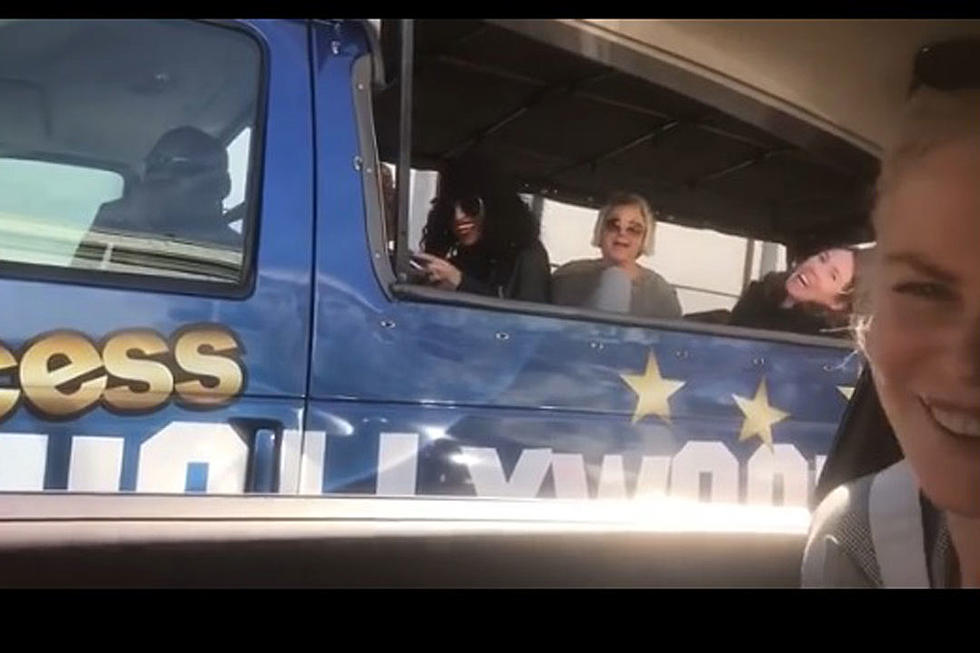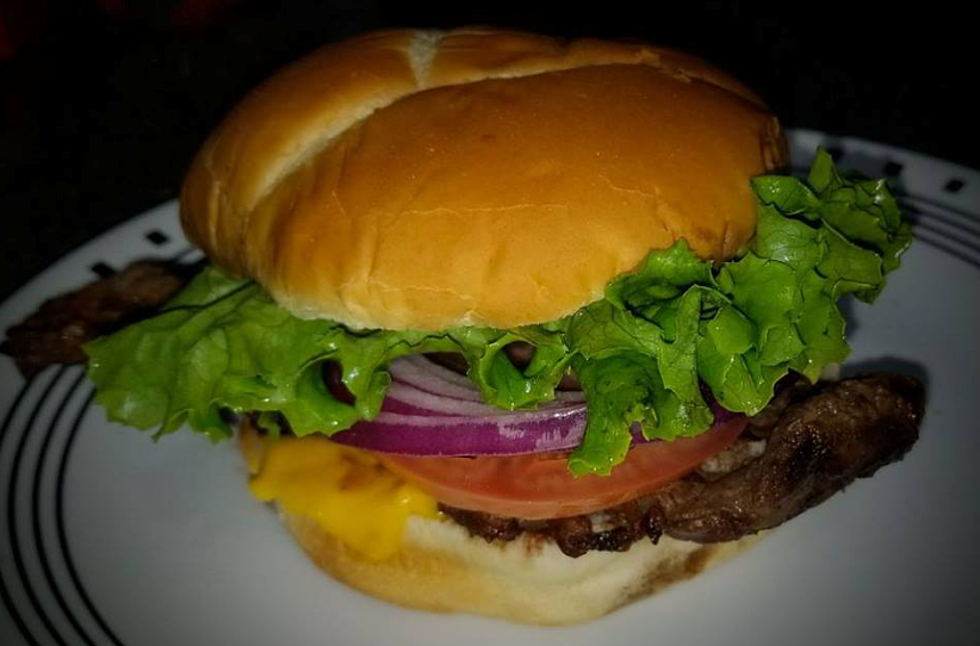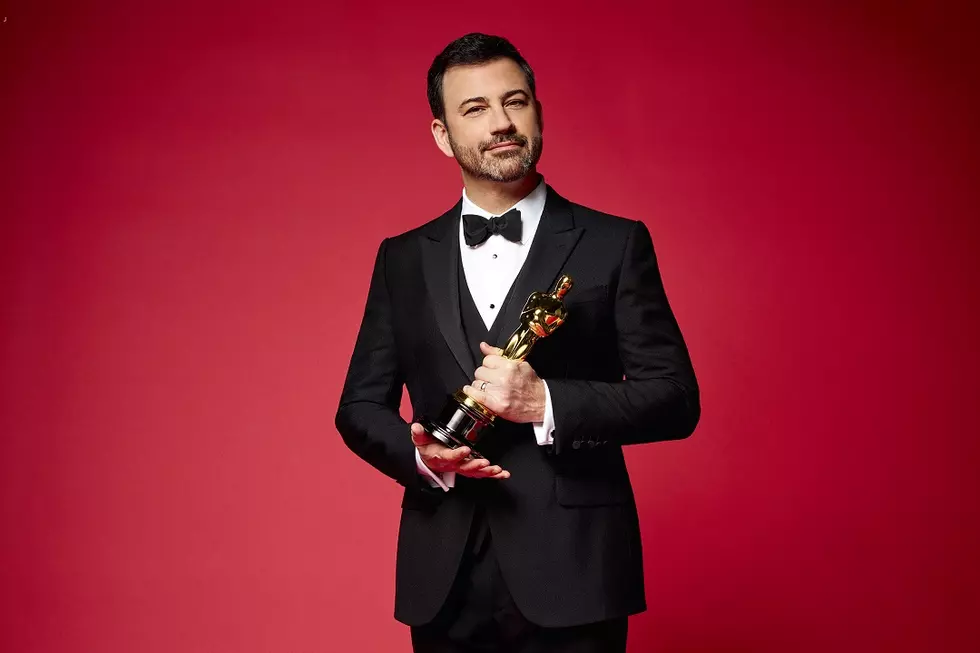Op-Ed: In 2018, Patsy Cline’s Life and Career Resonate More Than Ever
In a January interview with Billboard, Maren Morris was asked whether country radio was more receptive to pop music collaborations than it used to be.
"I think it has changed," she replied. "When I look at songs like the Bebe Rexha and Florida Georgia Line collaboration ["Meant to Be"] being so successful at country, it leads me to believe that the boundaries are coming down and people just want quality. Fans don't think that way about the genres, it's just about good music."
Morris knows a little something about stretching country music's boundaries: In late 2017, she teamed up with One Direction's Niall Horan for the song "Seeing Blind," while this year saw her and Zedd land at No. 1 on several Billboard charts with the electronic-leaning "The Middle."
Morris' pop crossover success can be traced back to a variety of successful contemporary artists: Shania Twain, Sheryl Crow and the Dixie Chicks, to name a few. But none of these musicians would've reached their lofty chart heights without Patsy Cline, who died on March 5, 1963, in a plane crash.
Born Virginia Patterson Hensley, Cline paved the way for country artists to become mainstream pop stars by being open to sonic possibilities. Having a unique vocal timbre and diverse influences — as Morris certainly does, on both counts — were assets to Cline. She carved out a career on her own terms and bent the mainstream to her will.
"Patsy was not always easy to get along with," producer Owen Bradley said in Ellis Nassour's Honky Tonk Angel: The Intimate Story of Patsy Cline. "No, sir. She was the high-strung type, constantly on guard and ready to show you who was boss. She was, of course! Well, to hear her tell it, anyway. You wouldn't have to tell Patsy anything about this women's lib business. I do believe she could have taught them a thing of two."
Cline paved the way for country artists to become mainstream pop stars by being open to sonic possibilities ... She carved out a career on her own terms and bent the mainstream to her will.
It was a hard-fought victory, however: Cline's first record deal was with Four Star Records, which forced her to record only an associated publishing company's own (mostly sub-par) songs. The one exception was 1957's "Walkin' After Midnight," which became a country and pop hit after she performed it on the CBS show Arthur Godfrey's Talent Scouts.
The bulk of Cline's success came in the early 1960s, after signing with Decca Records. Her first major hit was "I Fall To Pieces," a song Cline supposedly didn't much care for, although it hit No. 1 on the country charts and No. 12 on the pop charts.
"When we began that particular session, that's when we started letting the strings creep in," Bradley said in Honky Tonk Angel. "And it wasn't even intentional. We just thought it sounded nice on "I Fall to Pieces." Patsy liked a big, full sound, and she didn't care if that meant a lush string arrangement. We were walking a fine line between country and pop for that time in the industry — pretty far ahead of the way things were being done."
Despite her love of this sound — in fact, she absorbed Big Band music in particular while growing up — Cline was somewhat of a reluctant pop star. People who knew her noted that she worried about straying from her country music roots; in fact, it was Decca Records' executives who at first wanted to push her into the pop realm.
"The record companies were howling for more money, and the only way you could make more money during that time doing country was if you got a crossover record, because there wasn't so much country exposure," Cline's second husband, Charlie Dick, once said in an interview.
Bradley also knew that Cline had the potential (and vocal flexibility) to handle diverse genres — and he, too, was getting nudged by Decca to push her into a more mainstream commercial direction. But make no mistake: The pair butted heads in the studio because Cline had a very specific vision for how she wanted her music to sound and was never shy about sharing that.
"When they got the hit "I Fall to Pieces," they didn't have any more arguments," bassist Bob Moore, who played on Cline's iconic song "Crazy," told NPR in 2000. "But before that, there were some arguments and disagreements. And one of the things, I think, was something Owen did, was to make her slow down the songs.
"And she didn't want to slow them down," Moore adds. "And when you slow them down, she'd put a lot of feeling in there, but sometimes I thought she just had a lot of feeling 'cause she was kind of mad at Owen because, you know, she wasn't really thrilled over doing something that slow."
Yet Cline also knew when she had a good thing — and knew who in the industry she could trust. It's true that she nailed the "Crazy" vocal part in one take, and after "I Fall to Pieces" became a smash, she was satisfied with her musical trajectory, according to Bradley.
"When we finished the session in November 1960, Patsy came to me and said, 'I think I've found out who I am and what we've been looking for,'" the producer said in Honky Tonk Angel. "I told her I didn't know what she was talking about. 'We don't have to search for my identity anymore,' she said. 'This is it! We're doing it right.'"
Cline's musical rabble-rousing was only one part of her revolutionary stance. She also proved that country artists could be successful without conforming to gender-based expectations.
Cline's musical rabble-rousing was only one part of her revolutionary stance. She also proved that country artists could be successful without conforming to gender-based expectations. Although she favored red lipstick and cowgirl-influenced outfits, she wore pants during Grand Ole Opry appearances and didn't hesitate to wear men's clothing, such as dungarees. Cline's slang was also unique: She referred to herself as "The Cline" and other people as "Hoss."
She no doubt learned some of this self-reliance and toughness due to her upbringing. After dropping out of school at age 16, Cline worked at a meat-packing plant and a drugstore, and cleaned Greyhound buses. But as the second-wave feminist movement was taking root in the early '60s, Cline had already started bucking stereotypes and prioritizing her career: She divorced her first husband, Gerald Cline, because he wanted her to be a housewife; her second husband Dick, meanwhile, stayed at home with their young children while Cline hit the road.
Plus, Cline was loyal, and confident enough to try and bring up other women alongside with her. She had her own (co-ed) squad of country artists — including Dottie and Bill West, Roger Miller and the future Johnny Paycheck — and elevated up-and-coming female country artists such as Brenda Lee and Loretta Lynn. In Honky Tonk Angel, Lee recalls asserting herself in the studio to Bradley, while the latter has spoken of Cline's generosity and mentorship.
“She was my only girlfriend at the time,” Lynn once told the Denver Post, recalling the early '60s period after she moved to Nashville. “She took me under her wing, and when I lost her, it was something else. I still miss her to this day. I wrote "You Ain’t Woman Enough (to Take My Man)," and she said, ‘Loretta, that’s a damn hit.’ It shocked me, because you don’t expect somebody like Patsy Cline to tell you that you have a hit.”
Cline never wavered on her own integrity and values, which is a major reason why she's still so beloved — and why she remains a beacon of inspiration as country music continues to grapple with so many of the same sexist battles it's fought for decades.
What's incredible is that Cline only released three studio albums during her life, but her formidable personality and talents resonated far and wide. She was the first female solo artist inducted into the Country Music Hall of Fame, and she received a Grammys Lifetime Achievement Award in 1995. The Patsy Cline Museum opened in Nashville in 2017. Martina McBride, Trisha Yearwood and Cyndi Lauper have cited Cline as an influence. The latter covered two songs on her 2016 country album, Detour, and talked constantly in interviews about how much Cline meant to her.
Yet the late musician's legacy also looms large over country's younger generation. Cam has cited her as an influence, while the artists spotlighted in a 2016 Billboard piece exhibit the kind of camaraderie, confidence and cooperation that Cline practiced decades before.
"For a long time, I let people kind of dictate — well, not dictate who I was, but I just assumed people in powerful positions know what’s hot," Mickey Guyton says. "Then finally I realized, 'You don’t know who I am. I have to stand up and dictate who I am.' Nobody cares more about your business than you."
Adds Kacey Musgraves, "I’ve been asked to change lyrics, among other things, and I refuse to compromise. I’d rather go down in flames, work at Walgreens later, say what I want to say and be who I want to be. I could not sleep at night if I compromised anything; there’s no chance."
Cline, too, never wavered on her own integrity and values, which is a major reason why she's still so beloved — and why she remains a beacon of inspiration as country music continues to grapple with so many of the same sexist battles it's fought for decades. But Cline also never shied away from being a role model for others, which is something else today's artists especially embrace.
Look no further than Morris' early January 2018 Billboard interview, in which she revealed what it meant to her that her single "I Could Use a Love Song" topped the Country Airplay chart: "[It's] such a big win to me, and maybe it will help other women a little," Morris said. "What makes me the most happy is that it means that you can just be yourself, not compromise your art and still be successful at radio. I am hoping it's not just a step forward for me, but for other female artists as well."
It's safe to say that Cline would be proud.
More From Catfish 100.1










